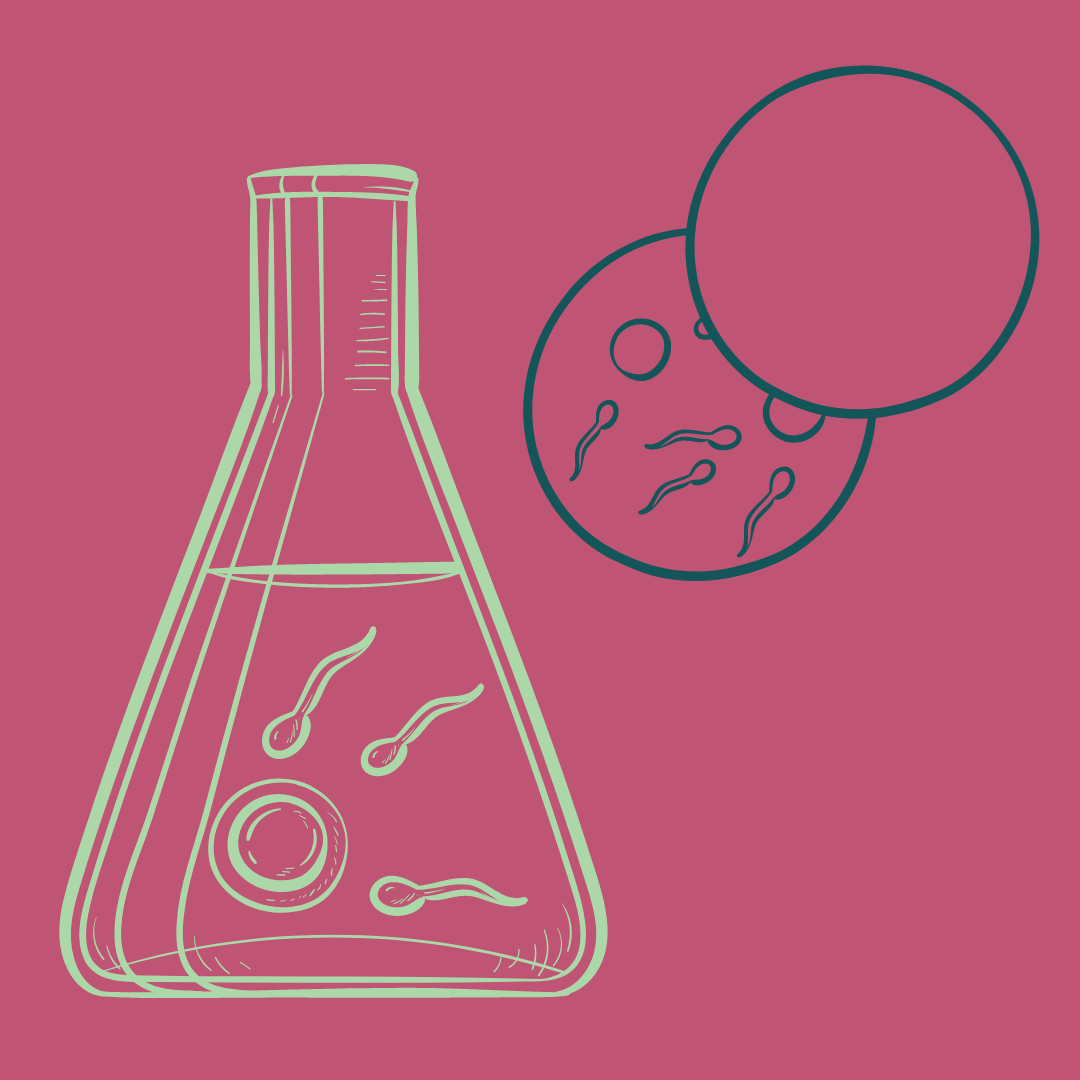Aggregated News

Katsuhiko Hayashi pulls a clear plastic dish from an incubator and slides it under a microscope.
"You really want to see the actual cells, right?" Hayashi asks as he motions toward the microscope.
Hayashi, a developmental geneticist at Osaka University in Japan, is a pioneer in one of the most exciting — and controversial — fields of biomedical research: in vitro gametogenesis, or IVG.
The goal of IVG is to make unlimited supplies of what Hayashi calls "artificial" eggs and sperm from any cell in the human body. That could let anyone — older, infertile, single, gay, trans — have their own genetically related babies.
Besides the technical challenges that remain to be overcome, there are deep ethical concerns about how IVG might eventually be used.
To provide a sense of how close IVG may be to becoming a reality, Hayashi and one of his colleagues in Japan recently agreed to let NPR visit their labs to talk about their research.
"Applying this kind of technology to the human is really important," Hayashi says. "I really, really get excited...



